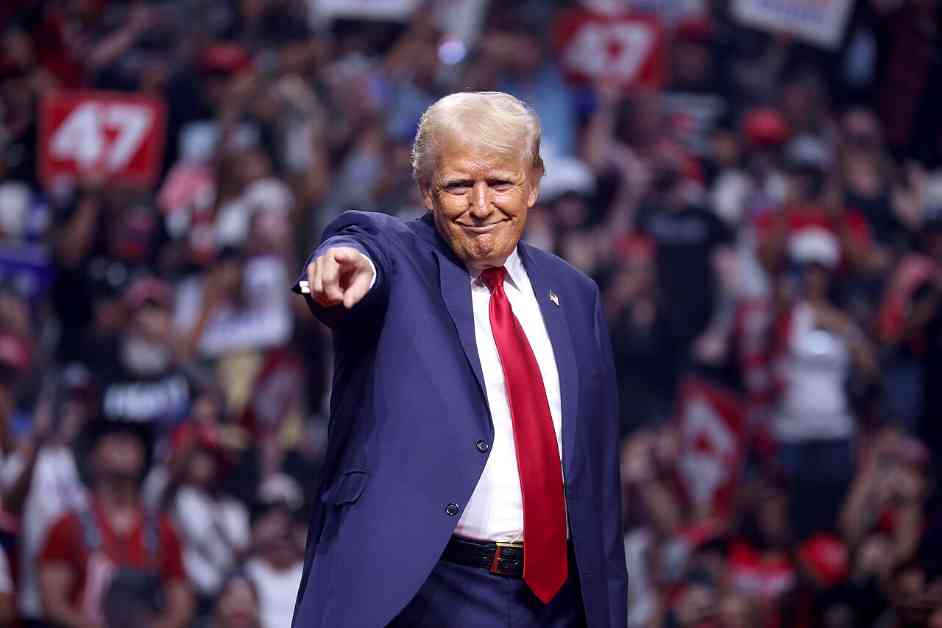In a recent statement, US President Donald Trump ignited controversy by suggesting that Ukraine was to blame for Russia’s invasion of the country in February 2022. Trump asserted that Kyiv could have avoided the conflict through negotiation, insinuating that they had initiated the full-scale war. This assertion came after the exclusion of Ukraine and the EU from the US-Russia meeting on Ukraine in Saudi Arabia on February 18, where Trump advocated for talks between Kyiv and Moscow to resolve the ongoing conflict. However, Trump’s remarks have raised concerns about pressuring Ukraine into making concessions and potentially compromising its sovereignty in the process.
Trump’s Controversial Remarks and Criticism of Zelenskyy
During his statement, Trump criticized Ukrainian President Volodymyr Zelenskyy for expressing dismay over being excluded from the US-Russia talks in Saudi Arabia. Trump’s comments regarding Ukraine’s role in the conflict have sparked debate and criticism both domestically and internationally. By placing blame on Kyiv for the invasion, Trump has taken a contentious stance that contradicts the widely accepted view of Russia as the aggressor in the conflict.
In his remarks, Trump suggested that Ukraine had the opportunity to negotiate a deal that could have prevented the war and minimized casualties. He claimed that he could have brokered a deal that would have preserved Ukrainian territory and prevented destruction, emphasizing that Ukraine had made a strategic error by not pursuing this path. This perspective has drawn scrutiny for its implications on the ongoing conflict and the broader geopolitical landscape.
Global Reactions and Concerns Over Negotiations
The exclusion of Ukraine from the recent US-Russia talks in Saudi Arabia has prompted international concern and criticism. Countries like France have called for emergency summits to address the situation and ensure that Ukraine’s interests are represented in the negotiations. The absence of Ukraine from key discussions raises questions about the fairness and effectiveness of the peace process, particularly in light of Trump’s controversial remarks.
Furthermore, Trump’s focus on securing mineral rights in Ukraine as part of a potential deal has raised eyebrows and fueled speculation about ulterior motives behind the negotiations. The prospect of leveraging Ukraine’s resources in exchange for aid has drawn skepticism and calls for transparency in the negotiation process. The international community is closely monitoring the developments in the peace talks and urging all parties to prioritize a sustainable and equitable resolution to the conflict.
As the situation continues to unfold, the role of key players like Trump, Zelenskyy, and Putin will be pivotal in shaping the future of Ukraine and the broader geopolitical landscape. The need for transparency, accountability, and respect for Ukraine’s sovereignty remains paramount as efforts to resolve the conflict intensify. It is essential for all parties involved to prioritize the well-being of the Ukrainian people and work towards a peaceful and sustainable resolution that upholds the principles of justice and international law.

















